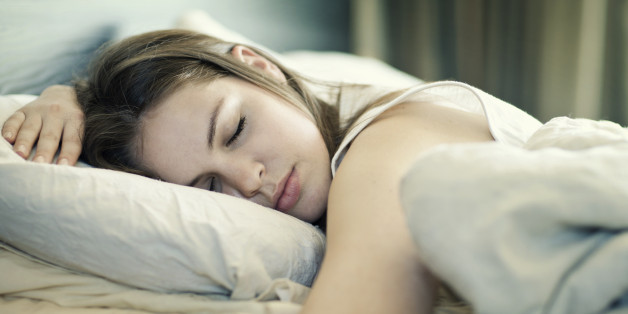 HOUSTON: While getting enough sleep is vital for staying healthy, snoozing for over nine hours a day could increase the risk of developing heart problems and early death, a study has found. Researchers from the American Heart Association recently conducted a study to evaluate the association between sleep duration and cardiovascular disease by reviewing 74 studies, which observed the quality and length of sleep of more than 3.3 million participants.
HOUSTON: While getting enough sleep is vital for staying healthy, snoozing for over nine hours a day could increase the risk of developing heart problems and early death, a study has found. Researchers from the American Heart Association recently conducted a study to evaluate the association between sleep duration and cardiovascular disease by reviewing 74 studies, which observed the quality and length of sleep of more than 3.3 million participants.
After analyzing the results, they found those who slept for 10 hours were 30 per cent more likely to die prematurely, compared to those who slept for eight hours. Longer sleepers were also about 50 per cent more likely to develop cardiovascular disease. Those who slept less than seven hours did not have a heighten risk of early mortality or heart disease.
“We found a significant association between deviations in sleep duration and both mortality and adverse cardiovascular outcomes,” researchers said. “The greater the divergence from the recommended durations of sleep, the greater the association for cardiovascular harm and mortality,” they said.
The scientists do not know why longer sleepers are more at risk, but they noted sleeping too long and sleeping too little can both have effects on the body. “Short sleep duration has been shown to increase levels of leptin and ghrelin, which leads to increased appetite and facilitates the development of obesity,” they said. Depressive symptoms, low socioeconomic status, unemployment, and low physical activity are also associated with long sleep duration. Although this study advises people not to snooze excessively, others have suggested sleeping in may actually be good for your health.
Indian American CBS News medical contributor Dr Tara Narula said the study leaves “a lot of questions that we still have to answer.” It may mean that people who sleep longer have underlying medical conditions, such as sleep apnea, depression and anaemia, she said. It could indicate that changes in the circadian rhythm by sleeping longer is causing increased inflammation and weakening their immune system, Narula said.
“It could be that they have other adverse health behaviors, so people who sleep longer, maybe they don’t exercise as much.” She noted that socioeconomic factors like unemployment could also play a role in people’s sleep habits and health. Most people try to catch up on sleep on the weekends, but Narula said this study is really focused on those who are sleeping long amounts of time day after day, and it’s important to focus on creating healthy sleep patterns for the long term.
“Really what you need to remember is consistent and regular sleep health patterns are important,” she said. She recommends a sleep hygiene regimen that includes going to bed and waking up at the same time, sleeping in a cool, quiet, dark room, putting digital devices away, and abstaining from drinking caffeine or alcohol right before bed. Narula said that for people ages 18 to 64, seven to nine hours of sleep per night is recommended. PTI







